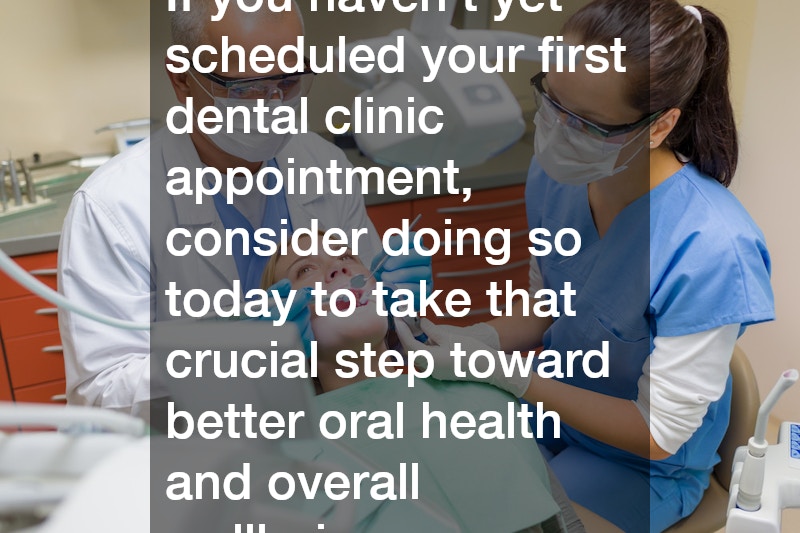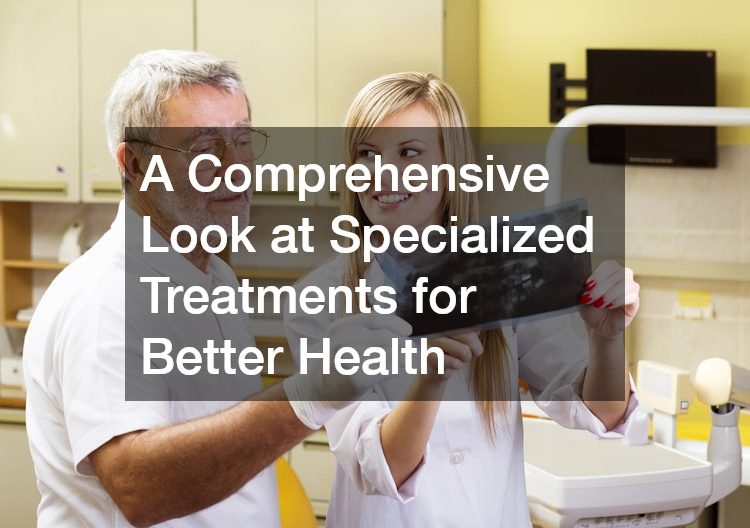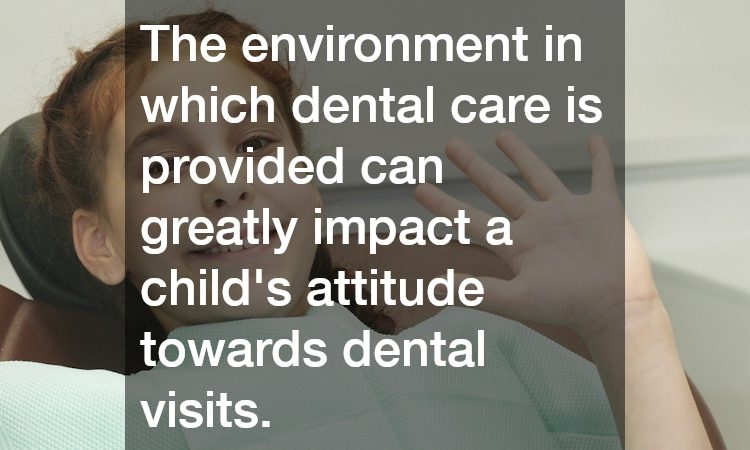A visit to the dental clinic for the first time can be a mix of nerves and curiosity, especially if it’s been a while since your last dental check-up or if you’re attending as a new patient. Whether you’re seeking a general examination or addressing a specific dental concern, understanding what typically occurs during your initial appointment can help you feel more at ease and better prepared.
A professional dental team will always aim to make the experience comfortable and informative, setting the stage for long-term oral health care.
Welcoming & Intake Procedures
When you first arrive at the dental clinic, you’ll likely be greeted by the reception staff, who will ask you to complete a medical history form. This step is essential, as it provides the dental team with critical information about your general health, medications, allergies and past dental procedures. Conditions like diabetes, heart disease and pregnancy can influence your dental care, so transparency is important. You may also be asked to provide health fund details if you’re using private health insurance.
Once your paperwork is complete, you’ll be introduced to the dentist and possibly a dental hygienist or assistant. The tone of the appointment is usually relaxed, with the dentist asking a few questions about your oral hygiene habits, dietary patterns and any dental issues you’ve noticed recently. This initial conversation helps guide the rest of the examination and builds trust between you and your dental care provider.
Comprehensive Oral Examination
The heart of your first dental clinic visit is the full oral examination. The dentist will inspect your teeth, gums, tongue, cheeks and jaw for signs of decay, gum disease, oral cancer and other potential issues. If it’s been some time since your last visit, X-rays may be taken to gain a clearer view of areas beneath the surface that aren’t visible to the naked eye. These diagnostic tools allow dentists to identify problems like cavities between teeth, bone loss, or impacted teeth.
During the examination, the dentist might use a small mirror and probe to assess gum depth and tooth sensitivity. They will also look for signs of plaque buildup, enamel wear, or any misalignment that may need future treatment. The hygienist may perform a scale and clean, removing tartar and plaque that brushing alone can’t eliminate. A fluoride treatment might follow to help strengthen the enamel and reduce cavity risk.
Discussion & Treatment Planning
After completing the examination, the dentist will discuss their findings with you. If your oral health is in good condition, the recommendation may simply be to return for a routine check-up in six months. However, if issues such as cavities, gum disease, or signs of bruxism (teeth grinding) are detected, the dentist will outline a treatment plan tailored to your needs.
This plan might include follow-up appointments for fillings, further cleaning, root canal treatment, or referrals to a specialist for orthodontic work or oral surgery. Dentists will also take the time to explain each procedure clearly, including the benefits, potential risks and costs involved. It’s a good idea to ask questions at this stage, particularly if you have concerns about the treatments or if you’re managing a tight budget.
A reputable dental clinic will not pressure you into making decisions but will instead provide honest advice about your options. They may also provide educational tips to improve your at-home oral care, including the right brushing techniques, flossing strategies, or recommendations for dental products.
Setting the Foundation for Long-Term Care
Your first dental clinic visit is more than just a routine check-up—it’s the beginning of an ongoing relationship with your oral healthcare provider. Dentists aim to create a friendly, judgment-free environment where patients feel supported and informed. They understand that every patient’s dental history and level of comfort differ and they will adjust their approach accordingly.
For many people, anxiety about dental visits stems from fear of pain or past negative experiences. Dentists today are well-trained in gentle techniques and patient communication. If you’re feeling anxious, it’s perfectly acceptable to share this with your provider—they can offer calming strategies such as breaks during the appointment or options like local anaesthesia for certain procedures.
Moreover, this initial appointment often helps lay the groundwork for preventive care. By identifying potential issues early and establishing a regular dental routine, you’re more likely to avoid costly and complex procedures down the line. The team may also schedule future cleanings or check-ups right away to help you stay consistent with your oral health maintenance.
Attending your first dental clinic visit doesn’t need to be a daunting experience. From a thorough examination to personalised guidance and long-term planning, each step is designed to safeguard your oral health and give you confidence in your smile. By choosing a trusted provider and maintaining open communication, you’ll find that future appointments feel far more routine and manageable.
If you haven’t yet scheduled your first dental clinic appointment, consider doing so today to take that crucial step toward better oral health and overall wellbeing.




